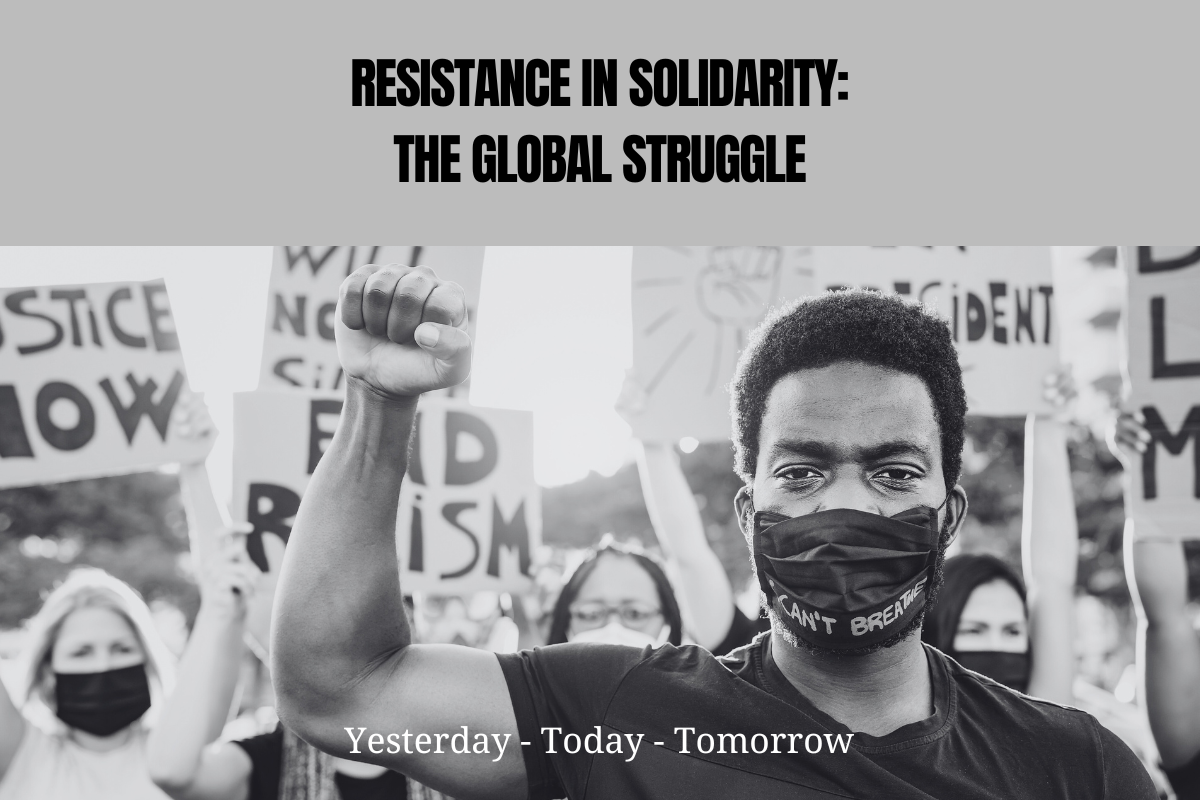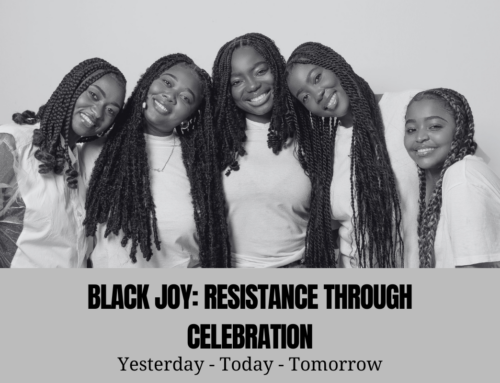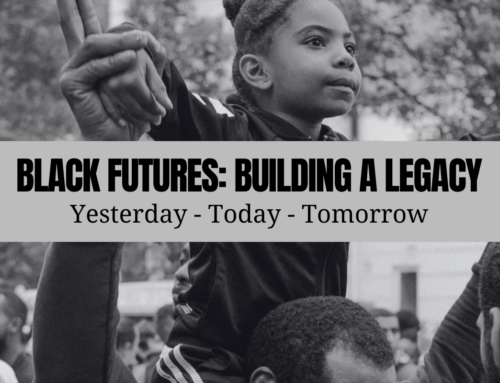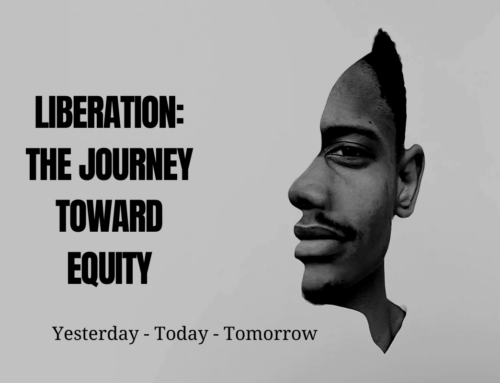The fight against systemic racism and inequality transcends borders, uniting Black communities and allies across the globe in a shared struggle for justice. Resistance in solidarity underscores the importance of collective action, where individuals and groups come together to challenge oppression and advocate for equitable systems. From the civil rights movements in the United States to the anti-apartheid struggle in South Africa, and ongoing efforts for racial justice in Canada, the global fight against injustice demonstrates the power of interconnected activism. This solidarity amplifies voices, fosters collaboration, and emphasizes that the fight for freedom is not confined to any one region or community.
Global struggles for racial equity often intersect with advocacy for LGBTQ+ and Trans rights, particularly in Black communities where these issues are intertwined. Solidarity movements must acknowledge and uplift the unique challenges faced by Black LGBTQ+ and Trans individuals, ensuring their inclusion in international dialogues and collaborative efforts against systemic injustice.
In this global struggle, Black communities across the diaspora continue to exchange strategies, share resources, and build movements that address local and international issues. Collaborative efforts in areas such as economic equity, climate justice, and criminal justice reform highlight the interconnected nature of these challenges. By working together, communities around the world can push for transformative change, dismantle oppressive systems, and create pathways for sustainable progress. Resistance in solidarity is a testament to the strength of unity, proving that global efforts can drive meaningful, systemic change for generations to come.
Published By:





